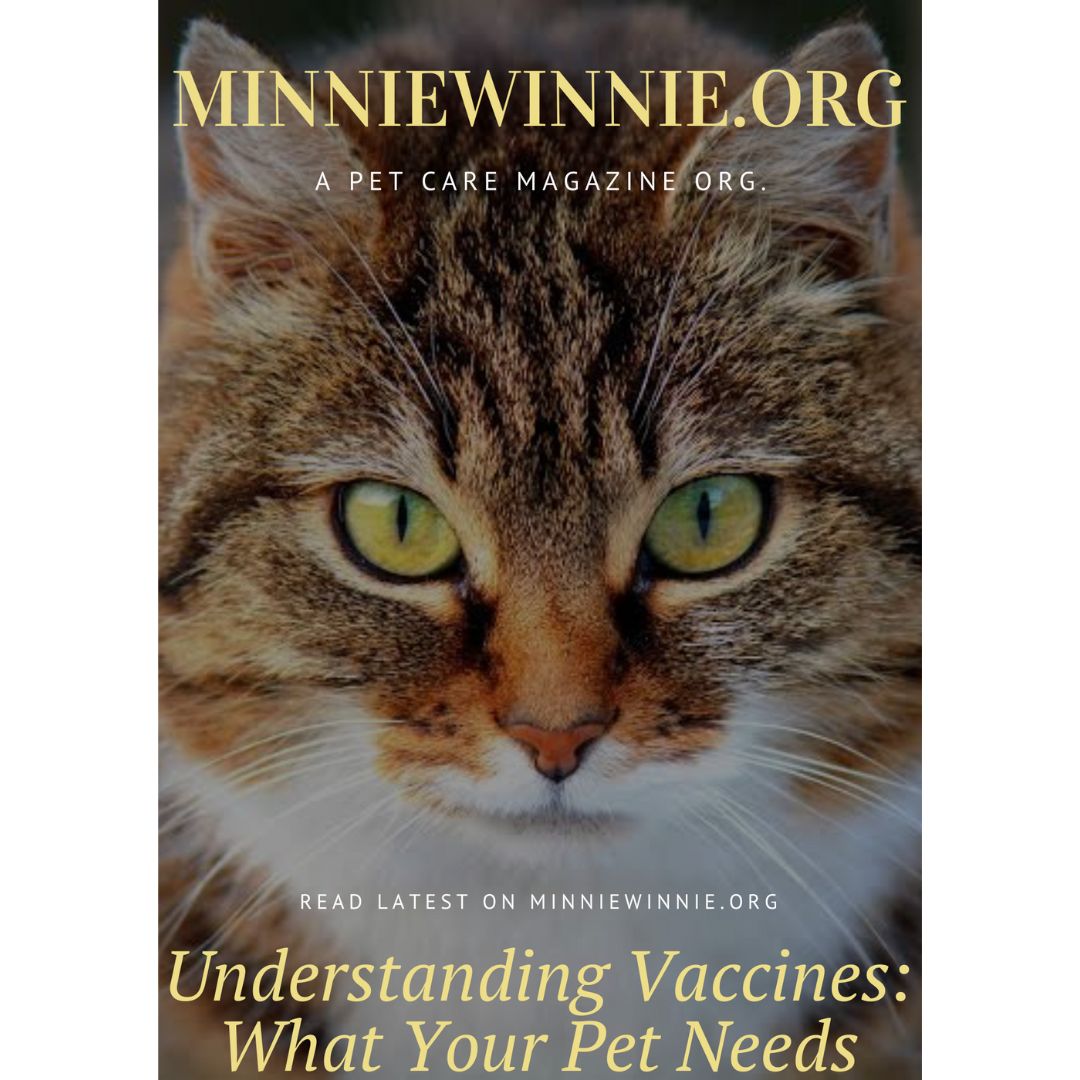Understanding Vaccines: What Your Pet Needs
Vaccines are a vital part of keeping your pet healthy and protecting them from harmful diseases. Knowing which vaccines your pet needs and why can help you make informed decisions about their care.
Why Vaccines Are Important
Vaccines stimulate your pet’s immune system to protect against specific diseases, some of which can be life-threatening or contagious to other animals and humans.
- Prevent Disease: Vaccines reduce the risk of illness by helping your pet build immunity.
- Protect Public Health: Some vaccines, like rabies, safeguard humans and other pets.
- Legal Requirements: Vaccination for certain diseases is mandatory in many regions.
Core Vaccines for Pets
Core vaccines are essential for all pets, regardless of lifestyle or location.
- For Dogs:
- Rabies: Protects against a fatal viral disease that can spread to humans.
- Distemper: Prevents a highly contagious and potentially fatal virus.
- Parvovirus: Shields against a dangerous gastrointestinal infection.
- Adenovirus (Hepatitis): Protects against liver damage and respiratory issues.
- For Cats:
- Rabies: Required in many areas for public health safety.
- Feline Panleukopenia (Distemper): Guards against a highly contagious and often fatal disease.
- Feline Herpesvirus and Calicivirus: Protects against respiratory infections.
Non-Core Vaccines
Non-core vaccines are recommended based on your pet’s lifestyle, environment, and risk factors.
- For Dogs:
- Bordetella (Kennel Cough): Recommended for dogs in social settings like boarding or daycare.
- Lyme Disease: Suggested for pets in areas with ticks.
- Leptospirosis: Protects against a bacterial infection spread through water or soil.
- For Cats:
- Feline Leukemia Virus (FeLV): Advised for cats that spend time outdoors or interact with other cats.
- Chlamydia: Helps prevent respiratory issues in multi-cat households.
Vaccination Schedules
Pets need vaccines at different stages of life to maintain immunity.
- Puppies and Kittens: Require a series of vaccinations starting at 6–8 weeks of age, followed by boosters every 3–4 weeks until 16 weeks old.
- Adults: Booster shots are typically given every 1–3 years, depending on the vaccine and your vet’s recommendations.
Risks and Side Effects
Vaccines are generally safe, but mild side effects may occur.
- Common Side Effects: Temporary soreness, lethargy, or mild fever.
- Rare Reactions: Allergic responses, such as swelling or difficulty breathing, require immediate veterinary care.
Consulting Your Veterinarian
Your vet can tailor a vaccination plan based on your pet’s age, health, and lifestyle.
- Discuss your pet’s daily activities and potential exposure risks.
- Keep a record of all vaccinations for reference.
Conclusion
Vaccines are an essential tool for ensuring your pet’s long-term health and wellbeing. By staying informed and working with your veterinarian, you can protect your pet from preventable diseases and enjoy many happy, healthy years together.










